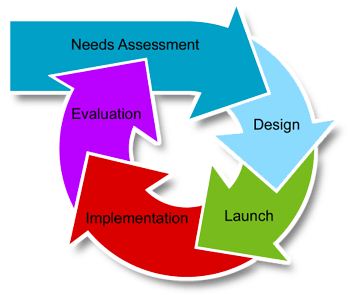Tribal Child Welfare Legal and Judicial Issues
Tribal Child Welfare Legal and Judicial Issues were one of the five overarching themes or topic areas identified through the NRC4Tribes Needs Assessment Findings - Executive Summary and complete NRC4Tribes Needs Assessment Findings. Legal and Judicial issues include not only federal child welfare legislation, but also tribal children’s codes along with participants’ experiences working with state/county, and tribal courts and child protection/multidisciplinary teams. The NRC4Tribes Needs Assessment includes a series of specific findings and recommendations concerning Tribal Child Welfare Legal and Judicial Issues. Tribes participating in this needs assessment identified a wide range of technical assistance needs with regard to legal and judicial issues needed in order for the Tribe to meet their desired outcomes for their child welfare system. There was a particular need for assistance with Tribal children’s code development in order to more effectively develop a Tribal Children’s Code that aligns with their practice model; reflects the culture and values of the tribe; and includes federal child welfare requirements.
Documents on this page may need Adobe Reader 
|
|
Indian Child Welfare Act (ICWA) |
 |
NRC4Tribes Technical Assistance Needs Assessment: Tribal Child Welfare Legal and Judicial Issues |
|
|
Other Relevant Federal Child Welfare Laws |
|
Frequently Asked Questions (FAQs) concerning Tribal Child Welfare Legal and Judicial Issues |
|
|
Fostering Connections Act |
|
Fostering Connections website resources concerning Tribal Child Welfare Legal and - Judicial Issues |
|
|
Tribal Title IV-E Legal Resources |
|
Bureau of Indian Affairs resources concerning Tribal Child Welfare Legal and Judicial Issues |
|
|
Tribal Children’s Code Resources
|
|
Child Protection Team Resources
|
 |
National Child Welfare Resource Center on Legal and Judicial Issues |
|
Tribal Court Improvement Program (TCIP) and state Court Improvement Programs (CIP) |